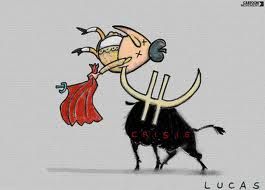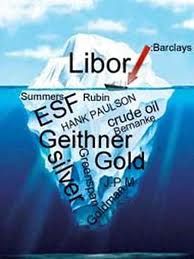Bonneval / Chartres (33.25 miles)
Le. Tour. De. France.
The last Time Trial. The last stage before tomorrow’s Champs-Élysées parade. I don’t know about you, but I get all nostalgic and sentimental at the end of events like this. This is the only 99th Le Tour there will ever be.
That said, I’ll also be covering Hockenheim, which will conflict today but not tomorrow since the parade will be live on Vs. (NBC Sports) at 8 am and I’ll do it it while taking lap notes.
It seems the sporting news is coming fast and furious with The Stars Hollow Gazette Olympic coverage starting Wednesday (Women’s Soccer). We’ll be providing schedules and results and may live blog some of the more obscure events (Fencing, Team Handball). It’s not Curling, but what can match the excitement and majesty of sliding around big rocks on ice?
Despite their apparent obscurity there are reasons I indulge myself in the diversion of sports. For one thing the defined time element, things are over when they are. There is no argument about the score, though the officiating may be questionable. Their study provides insights into other things AND they have the benefit of novelty. When you sit down you have no idea how things will turn out.
General Classification
| Place | Rider | Team | Time/Delta |
| 1 | WIGGINS Bradley | SKY PROCYCLING | 83:22:18 |
| 2 | FROOME Christopher | SKY PROCYCLING | +02:05 |
| 3 | NIBALI Vincenzo | LIQUIGAS-CANNONDALE | +02:41 |
| 4 | VAN DEN BROECK Jurgen | LOTTO-BELISOL TEAM | +05:53 |
| 5 | VAN GARDEREN Tejay | BMC RACING TEAM | +08:30 |
| 6 | EVANS Cadel | BMC RACING TEAM | +09:57 |
| 7 | ZUBELDIA Haimar | RADIOSHACK-NISSAN | +10:11 |
| 8 | ROLLAND Pierre | TEAM EUROPCAR | +10:17 |
| 9 | BRAJKOVIC Janez | ASTANA PRO TEAM | +11:00 |
| 10 | PINOT Thibaut | FDJ-BIGMAT | +11:46 |
Keep in mind that according to his form in the 2 previous Individual Time Trials Wiggins is expected to gain 5 minutes on this course which is essentially flat.
Coverage is customarily on Vs. (NBC Sports) starting at 8 am with repeats at noon, 2:30 pm, 8 pm, and midnight. There will be some streaming evidently, but not all of it is free.
Sites of Interest-
- 2012 Le Tour
- Bonneval / Chartres (33.25 miles)
- Wikipedia
- Geek Guide (very basic)
- Guardian Interactive Guide
The Stars Hollow Gazette Tags-

 The economic crisis in Spain was supposed to have been resolved in an
The economic crisis in Spain was supposed to have been resolved in an 

Recent Comments